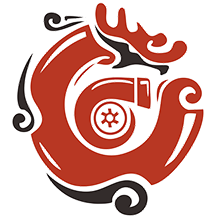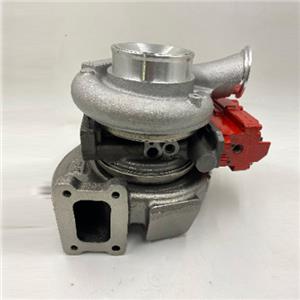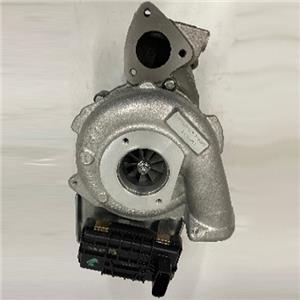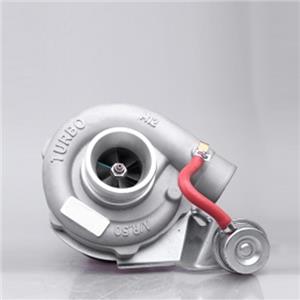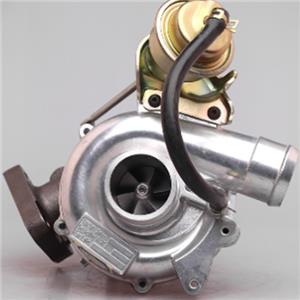Symptoms That Show Turbo Problems
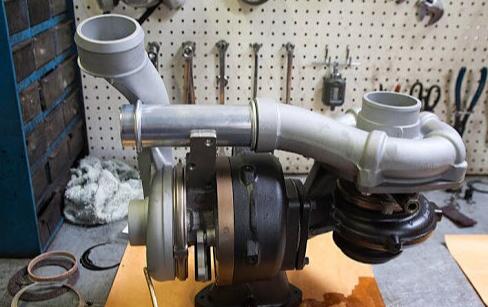
Symptoms That Spell Turbo Problems
As with most components that make up an automobile, turbos are not immune to failures nor breakdowns. In this post, we'll explore six common symptoms of turbo problems, so you can tend to them before additional damage is done to your vehicle.
1) Poor acceleration
The turbo's primary function is to increase engine power. Poor acceleration equates to reduced power, where the culprit could very well be the turbo. If you’re getting a delayed response from your car when you step on the gas pedal, or it is not matching the speed you're accustomed to, it might be time to seek a mechanic with experience in turbocharged systems.
2) Increased Gas consumption
Another chief function of your car's turbo is to create better fuel economy. More frequent trips to the gas station and/or a noticeable decrease in your car's miles per gallon (mpg) could point to a faulty turbo. One potential cause of failure: raw fuel leaking from the turbo into the exhaust without ever being burned.
3) Excessive exhaust smoke
Turbos are designed to dramatically reduce the amount of smoke coming out of the exhaust pipe. Excessive smoke is a symptom of a defective turbo — specifically a crack in the turbo housing — causing oil to leak into the exhaust system and dramatically increase smoke production. If you run into this problem, you should consult your mechanic about your turbo immediately.
4) Blue or black exhaust smoke
An oil leak in the combustion chamber, resulting from a cracked turbo housing, may lead to blue smoke shooting out of your exhaust pipe. Black smoke, on the other hand, may be caused by a burnt engine, clogged air filter, obstructed air intake duct to the turbo compressor, or defect in your engine’s fuel injectors. No matter the reason, colored smoke is never a good sign, and you should bring your car to your mechanic right away.
5) Siren noise
A faulty turbo may result in a loud, siren sound coming from the engine. The louder the sound, the worse the problem could be. Here’s the siren noise that typically results from a failing turbo. If you hear this noise, you should consult your mechanic as soon as possible to get your vehicle checked.
6) “Check engine” light
While the “check engine” light is an all-encompassing warning sign that will not point specifically to anyone mechanical issue, it can signify a turbo fault or failure. If this happens, your “check engine” light should activate on your dashboard. Of course, the If the light persists and you're unsure why, have your mechanic take a look.
Turbo Fix And Repair Costs
As is the case with most auto parts, the cost to fix a turbo will largely depend on the make and model of your vehicle.
Note that due to the massive range of parts and labor estimates, it's difficult to ballpark turbo repair costs. That's why we always recommend speaking directly to your mechanic and asking for a quote before you have him do any work to your car.
